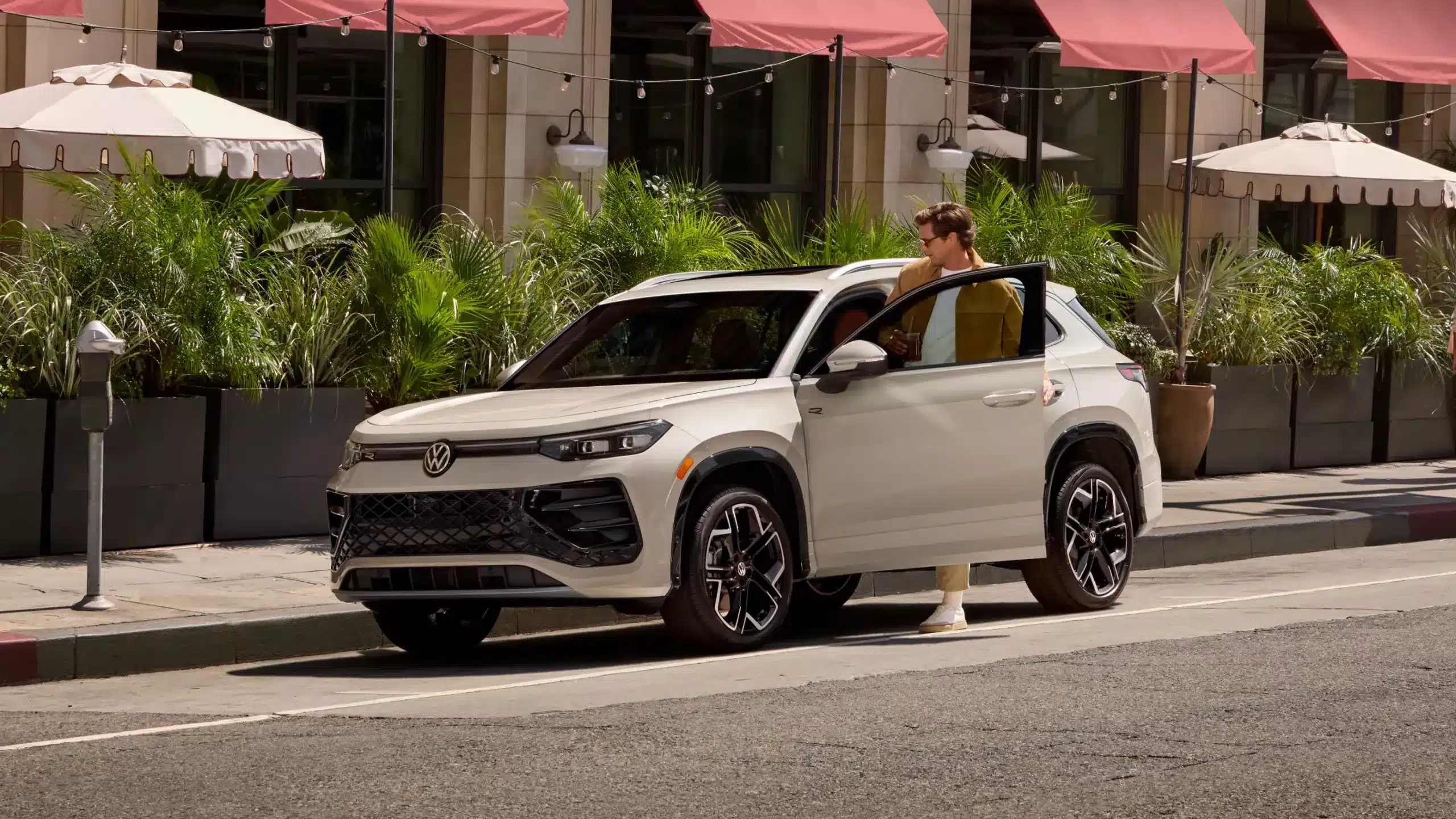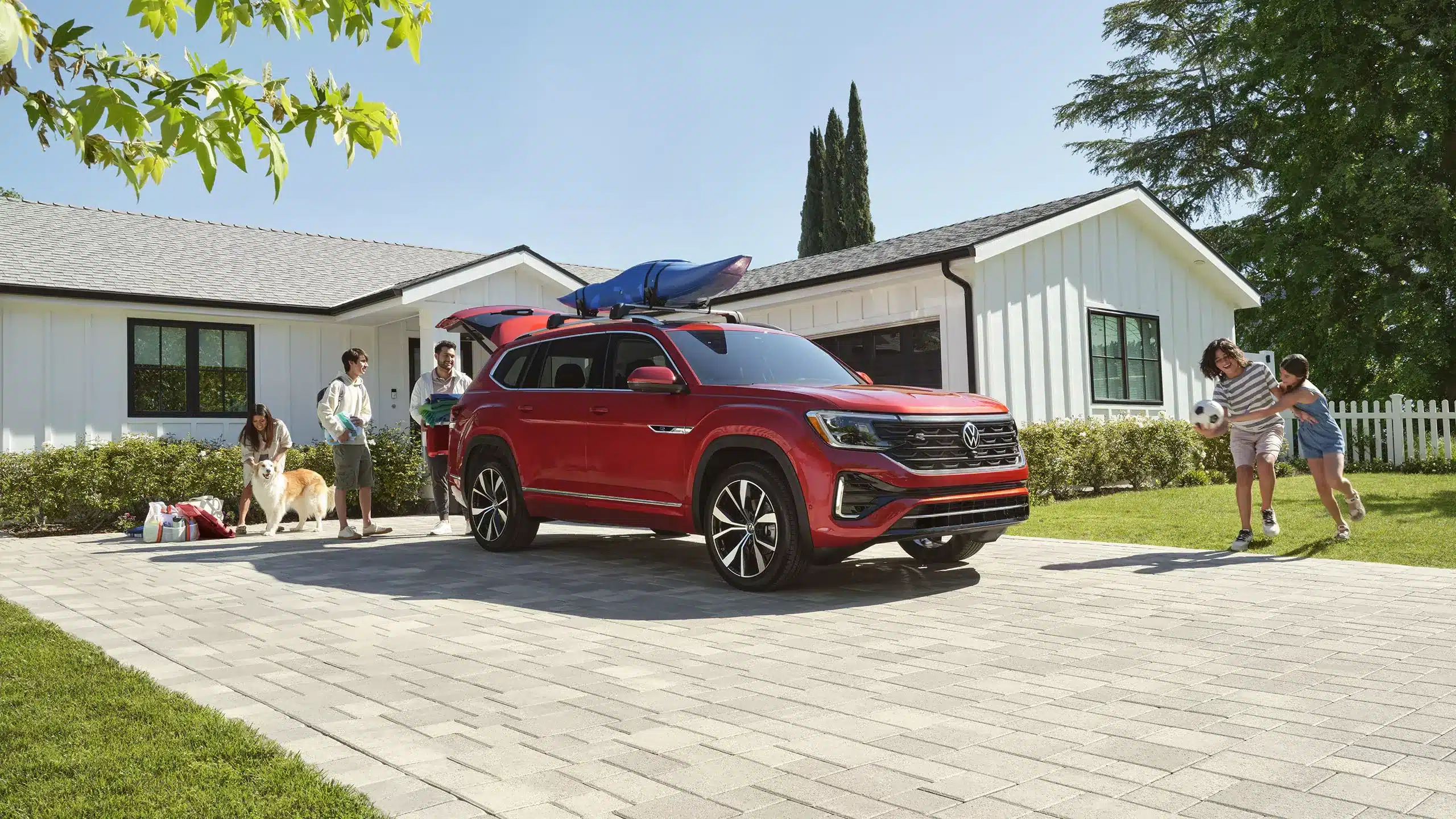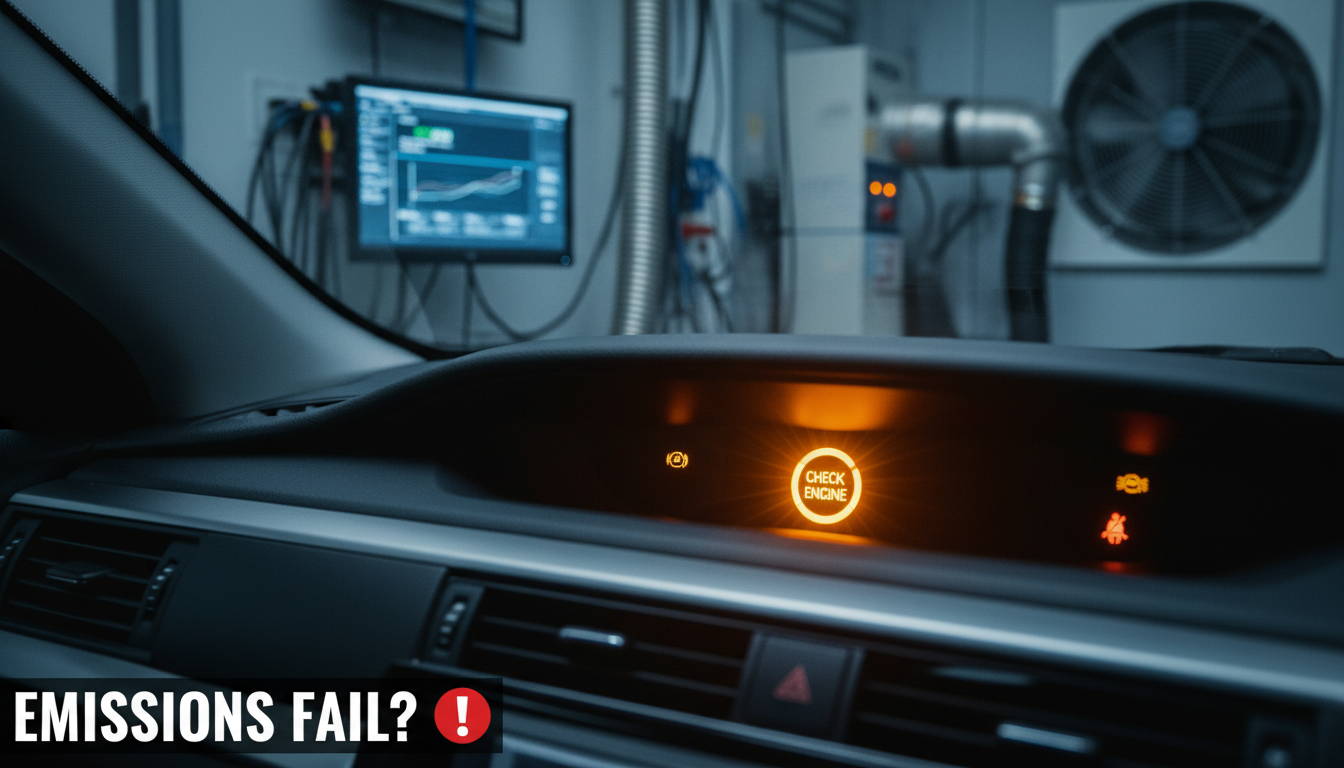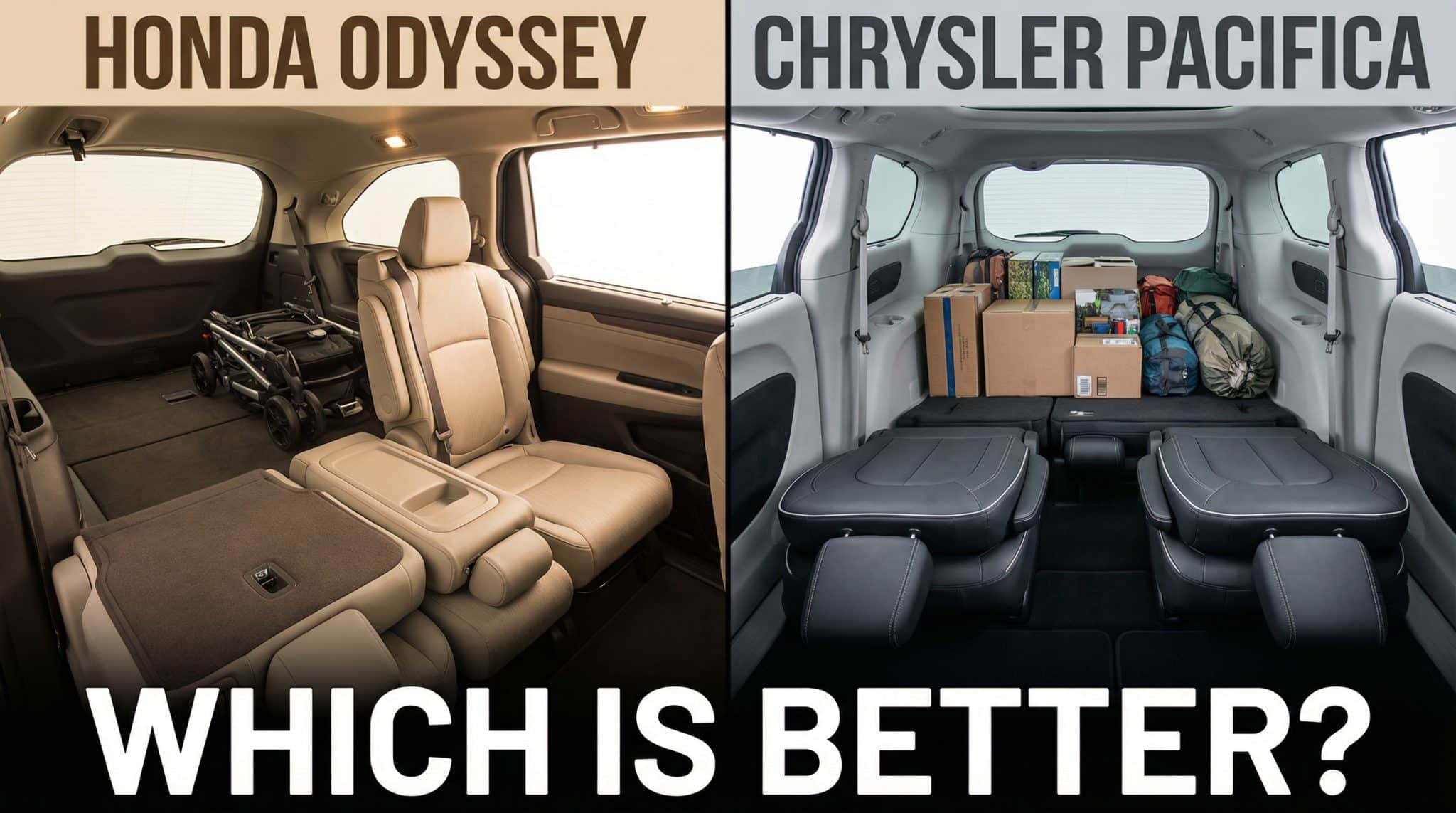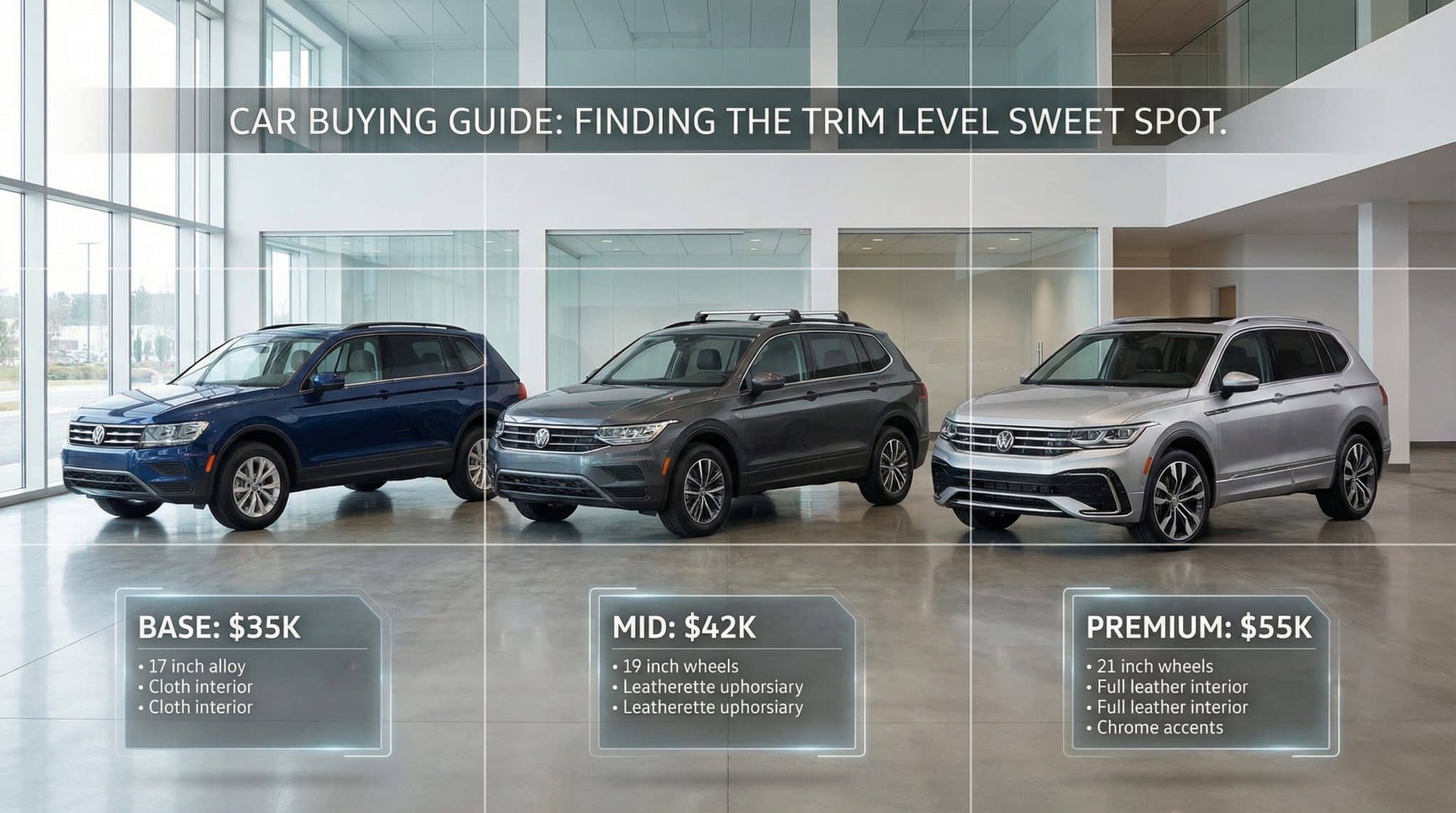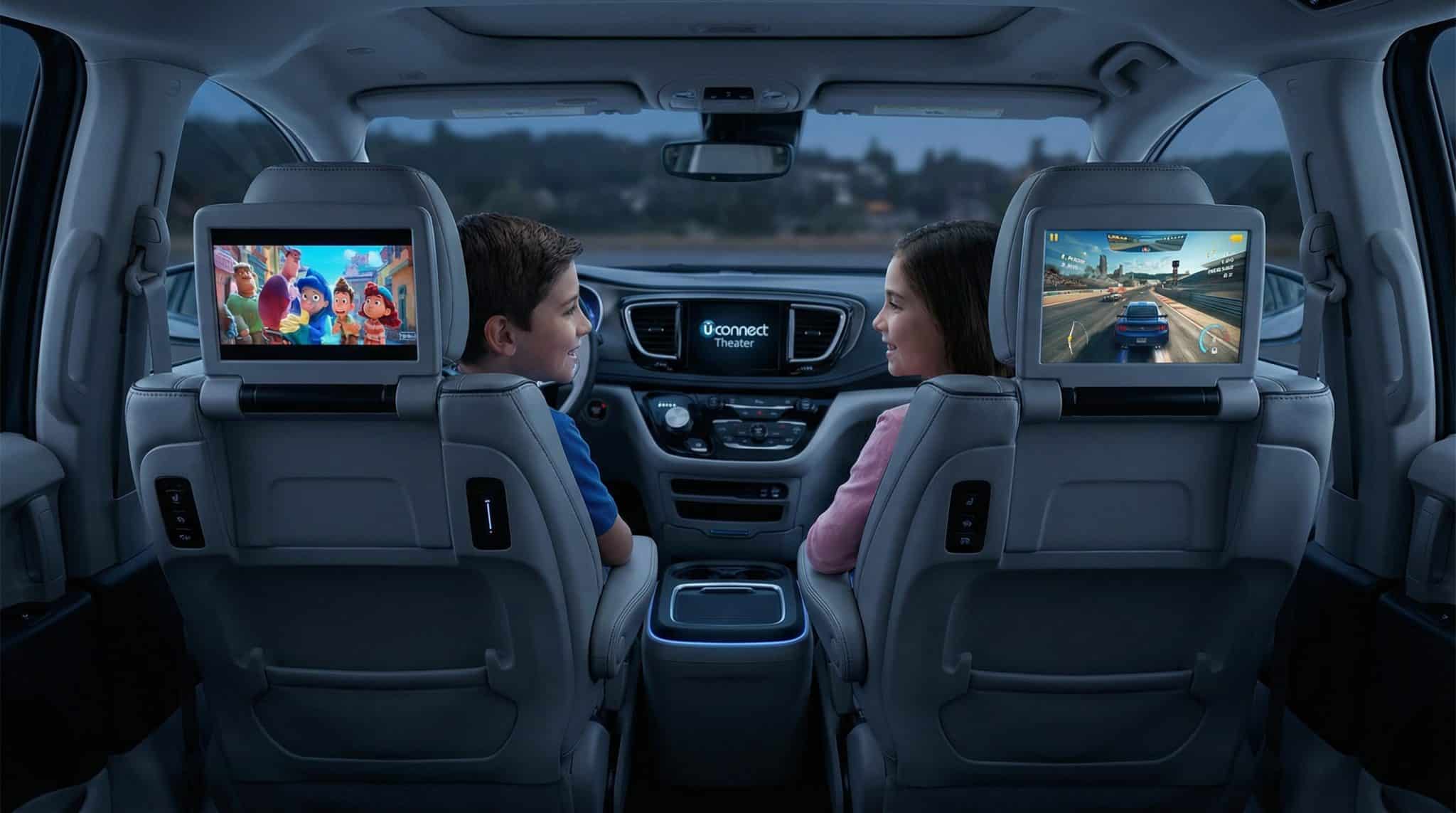Lately, I’ve been looking at new car options. I’m not ready to go full electric, and I know I’m not alone. That’s when I started reading about upcoming VW hybrid models.
Turns out, Volkswagen is finally bringing hybrids back to the U.S., and it’s not just talk anymore.
I’ll walk you through what I’ve found, from the new Tiguan and Atlas hybrids to why VW made this move in the first place.
We’ll look at the powertrain, timelines, and how these new Volkswagen hybrid models might fit into your life.
If you’re on the fence between gas and electric, this article will give you a clear picture of what’s ahead.
Why Volkswagen Is Bringing Hybrids Back to the U.S.?
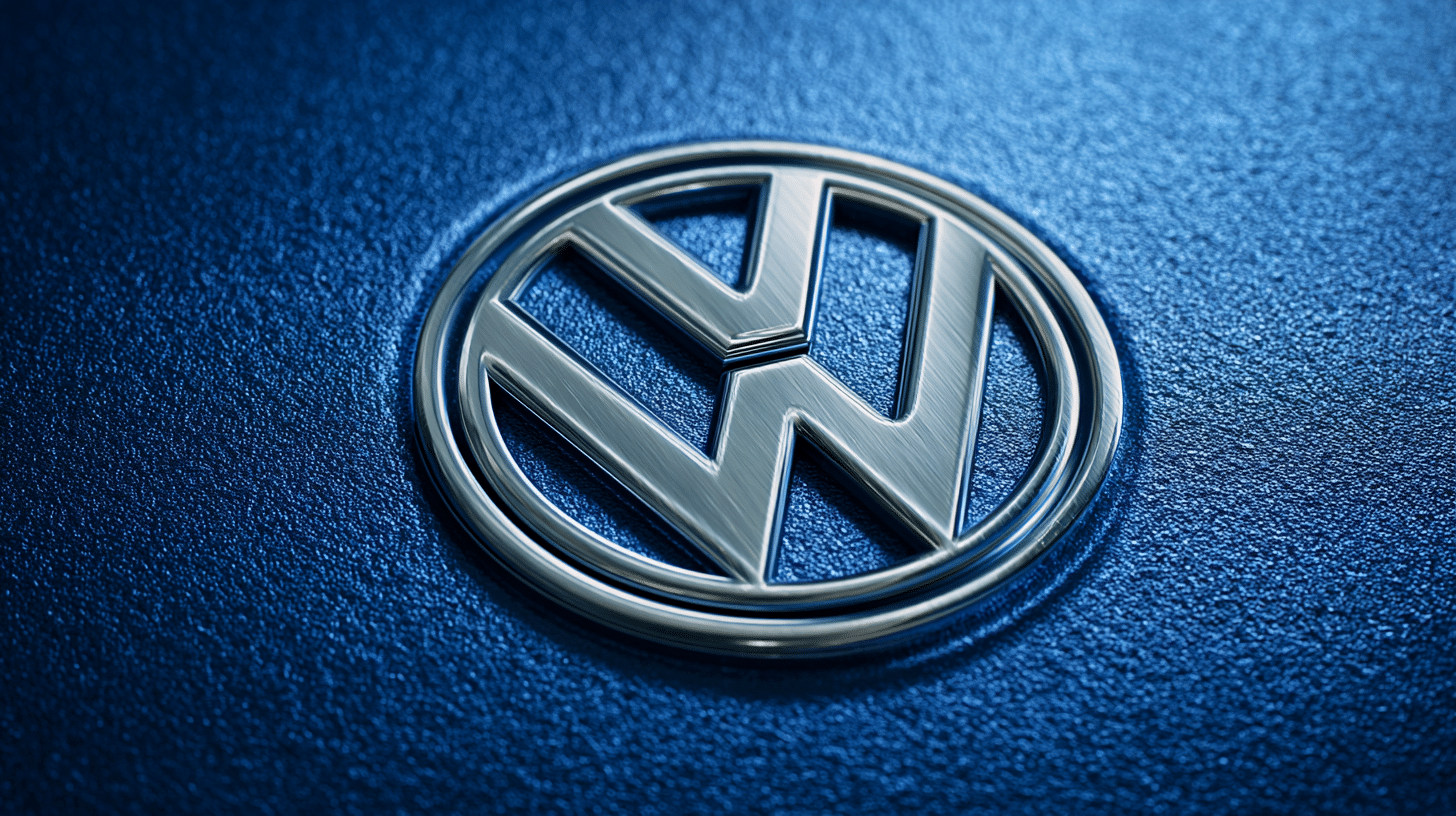
Volkswagen was all-in on electric vehicles for a while. But not everyone was ready to follow. Between range anxiety, lack of chargers, and high EV prices, a lot of folks, myself included, just wanted a middle ground.
That’s where hybrids come in. This is what’s been pushing VW to rethink things:
- People aren’t fully sold on EVs not yet, anyway.
- Charging infrastructure is still spotty, especially outside big cities.
- Hybrids offer flexibility as you get electric when you want, gas when you need.
- Dealers have been pushing back, saying customers are asking for hybrids again.
And let’s not forget the EPA. New emissions rules are stricter than ever. If VW wants to keep selling its biggest models like the Tiguan and Atlas, it needs cleaner options fast.
Hybrids check that box without scaring away traditional drivers.
What’s Coming: VW Hybrid SUV Models for the U.S.
Volkswagen isn’t dabbling. They’re going all in with two major hybrid SUVs built for American roads. These aren’t experimental models either. They’re updates to VW’s most popular U.S. rides: the Tiguan and the Atlas.
1. 2025 Tiguan Hybrid
The next-gen Tiguan is already out in Europe. A U.S. version is expected to be released soon, likely in 2025. This one’s a plug-in hybrid, which means:
- You’ll be able to charge it at home
- You can drive electric-only for short trips
- Gas kicks in for longer drives
Some key points:
- Uses a 1.5L turbocharged gas engine
- Pairs with an electric motor
- Estimated 50 to 60 miles of electric-only range (pretty solid for a PHEV)
- More torque and better mileage than the current gas-only model
This could be a sweet spot SUV for commuters who want to cut gas use without stressing over charging stations.
2. 2026 Atlas Hybrid
VW’s bigger SUV isn’t getting left behind. A hybrid version of the Atlas is expected a bit later, probably by 2026. The final setup hasn’t been locked down yet, but options on the table include:
- Full hybrid (like a Toyota Highlander Hybrid)
- Plug-in hybrid (like the RAV4 Prime)
From what I’ve seen, VW might pick just one setup to keep things simple.
Either way, it’s likely to offer:
- Roomy third-row seating
- Better fuel economy than the current gas model
- Some electric range (if it’s a PHEV)
VW’s goal is to keep the Atlas family-ready while meeting new emissions rules.
Both models are designed to meet what U.S. drivers actually need: space, range, and flexibility. They’re not just checking boxes. They’re aiming to make hybrids a core part of the lineup again.
W Hybrid Models: Power and Efficiency Combined
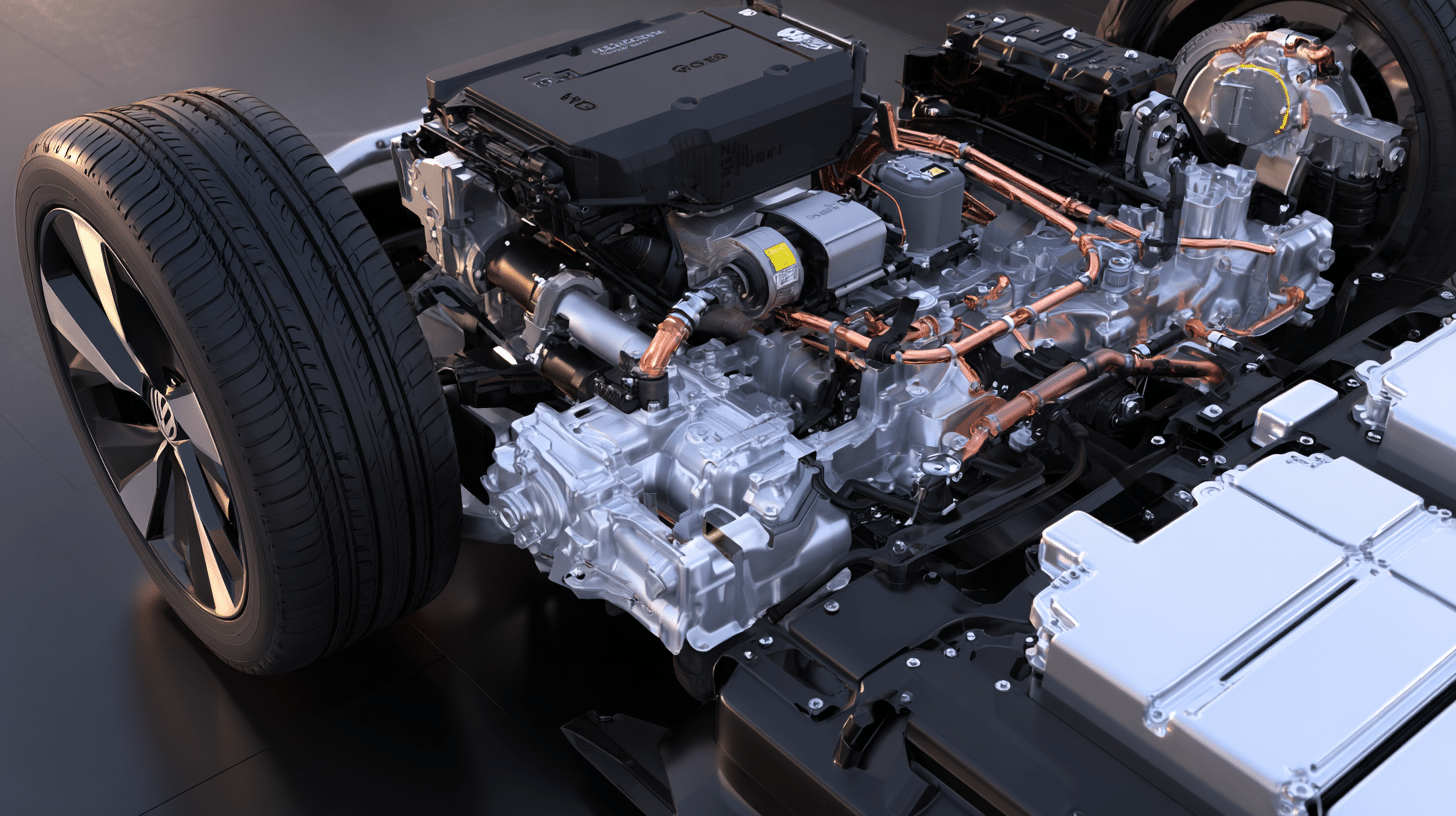
VW’s not reinventing the wheel here, but they are borrowing smart tech from their global lineup. These hybrid systems are built to mix fuel savings with real-world power, without making things complicated.
Tiguan Hybrid (Expected Setup)
| Feature | Specification |
|---|---|
| Engine | 1.5L TSI evo2 turbocharged gas |
| Electric Motor | HEM80evo |
| Combined Output | Around 200 kW |
| Battery Size | 19.7 kWh |
| Charging | Home outlet or Level 2 charger |
| Electric-Only Range | About 50–60 miles before switching to gas |
This setup is already working well in Europe, so it’s a safe bet for the U.S. version. It’s enough juice for daily use, and if you plug it in overnight, you’re good to go most mornings without burning fuel.
- Engine/Motor: Not finalized yet
- Most Likely: A Similar hybrid system as the Tiguan, but tuned up for the larger body.
- Possibility: Bigger motor or higher-capacity battery for more range and towing confidence
The Atlas is heavier and roomier, so VW will likely tweak the system to match. Still, expect it to stick close to what they’re building for the Tiguan to keep costs down.
VW’s goal here is consistency. Shared parts, reliable tech, and a driving experience that feels familiar but smarter. Nothing flashy. Just solid hybrid power that works.
Why U.S. Drivers Will Love Volkswagen’s Hybrid Technology

Not everyone is ready to switch to an all-electric car, and that’s okay. Plug-in hybrids like these new VW models give you the best of both worlds. You can test out electric driving without giving up the backup of a gas engine.
Who They’re Great For and Why
| Good For | Why It Works |
|---|---|
| Suburban drivers with short commutes | You can do your daily trips on battery power alone, as no gas is needed most days. |
| Families who want fuel savings but space | Hybrids offer more range and better MPG, without losing seating or cargo room. |
| Drivers not ready for full EVs | You still get electric miles, but don’t have to worry about chargers everywhere. |
Where You Save Money
- Fuel Costs: Plug in at home to avoid frequent trips to the pump, especially if your trips are short.
- Maintenance: Less engine wear, fewer oil changes, and fewer moving parts lead to reduced maintenance needs.
- Long-Term Ownership Costs: Fewer repairs and better mileage contribute to significant savings over time
Plug-in hybrids don’t demand that you change your life; they fit into it. That’s what makes them such a smart option, especially for folks who just want something practical and easy to live with.
VW’s Strategy: Not Giving Up on EVs, Just Playing It Smart
At first glance, it might seem like VW is walking back its electric plans, but that’s not what’s really going on. They’re not ditching EVs. They’re just being realistic about what drivers want right now, especially in the U.S.
- ID. Buzz: The electric minivan is already rolling out in Europe and hitting the U.S. soon.
- Scout EVs: A new electric brand focused on off-road trucks and SUVs.
- Charging Network Investments: VW’s building out fast-charging partnerships and battery plants.
So yes, the EV work is still happening behind the scenes.
But they’re also reading the room. A lot of American buyers just aren’t there yet with EVs.
By adding hybrids:
- VW keeps loyal customers from leaving
- Meets EPA rules without killing off popular models
- Buys time to improve the charging infrastructure
It’s not about giving up, it’s about offering choices.
Final Thoughts
If you’ve been waiting for a solid hybrid SUV that doesn’t feel like a compromise, VW’s upcoming Tiguan and Atlas hybrids could be worth holding out for.
They’re flexible, practical, and perfect for folks who aren’t quite ready to go all-electric.
Aiming to save on gas, reduce emissions, or craving something new? These VW hybrid models offer a range of options.
Now that you’ve seen what’s coming and how it fits into the bigger picture, you’ve got what you need to decide if a hybrid Volkswagen is right for you.
And if you’re like me, looking for the right mix of gas and electric, it just might be.



